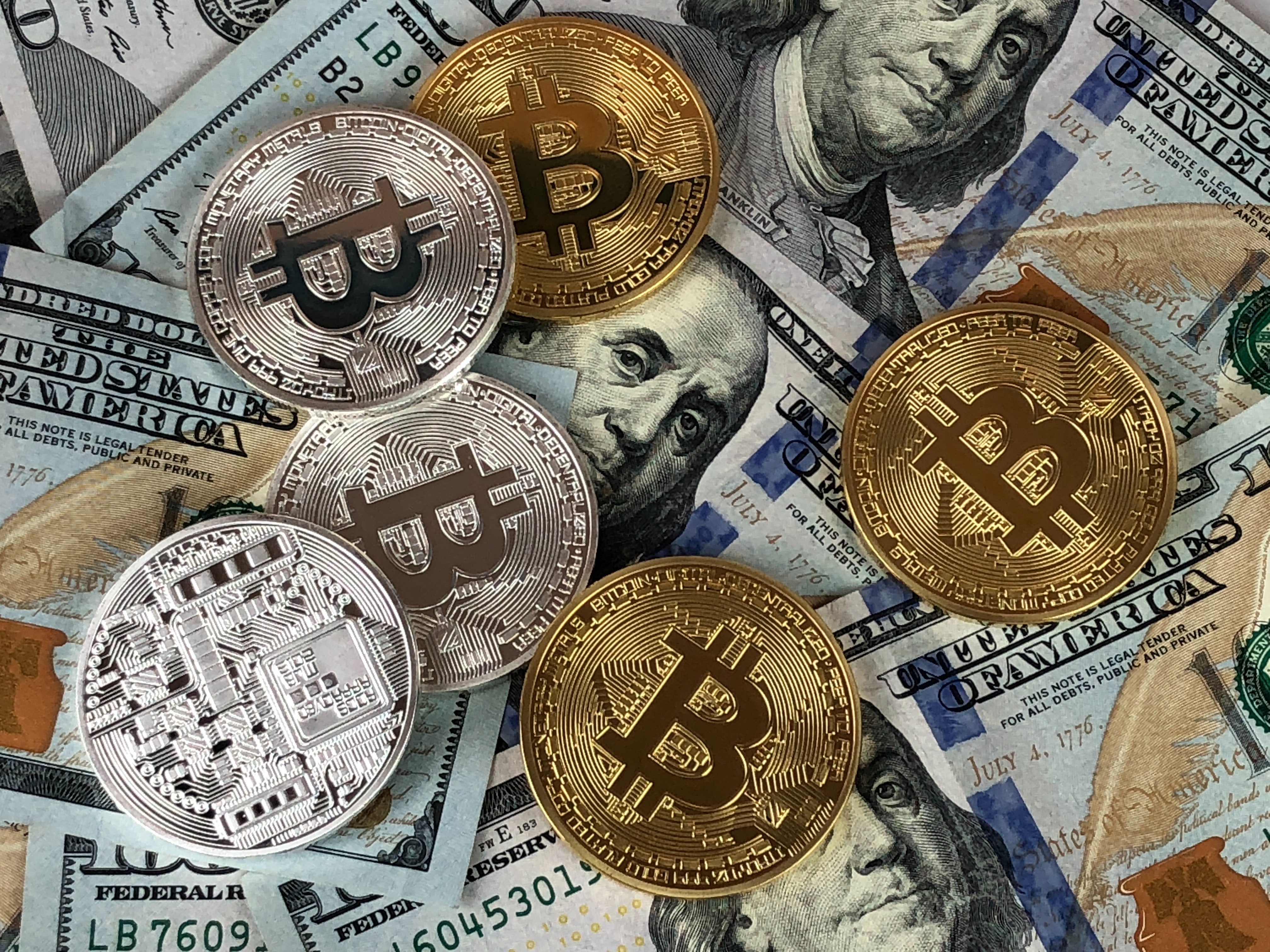Over the last two years, events affecting cryptocurrency legislation have taken Indian blockchain investors on an intense ride, which began when the Reserve Bank of India (RBI) declared cryptocurrency exchanges illegal in April of 2018. However, these anti-crypto bankers received a mortal blow in early March of 2020, when the Supreme Court of India overruled the RBI’s declaration. As a result, several cryptocurrency exchanges have re-opened or began anew, allowing people to purchase Bitcoin, Ethereum, and more. The court’s action also appealed to an array of investors with experience levels ranging from those wishing to learn more about how cryptocurrencies work by purchasing crypto, to cryptocurrency-trading wizards who operated previous exchanges in the past.
Following the supreme court’s ruling, several global cryptocurrency exchanges began to strategically position themselves for optimal operations within India. Immediately after the supreme court ruling, a major western cryptocurrency exchange headquartered in Malta opened a USD $50 million fund in India to stimulate growth in cryptocurrency trade and blockchain development. The fund aims to work with Indian cryptocurrency exchanges in order to develop its nascent cryptocurrency market.
There are two reasons why India presents an excellent opportunity for those wishing to open crypto funds. First, previous crypto funds started before 2018, they had created traction in India, making the two-year pause a tiny tainted droplet in a fresh bucket of opportunity. Second, India itself has an incredibly deep stock of software engineering professionals to draw from, meaning that India has the talent and potential to develop a cryptocurrency-based economy.
Less than a month after these exciting developments began, the Covid-19 pandemic reared its ugly head. Worldwide, it has inflicted tragic harm upon humanity: over 100,000 lives taken, economies riveted, jobs lost, and lockdowns initiated; the lockdown in India began on March 25th, 2020. Initially, many believed that the Covid-19 crisis would cripple efforts to develop the Indian cryptocurrency and blockchain economy. Luckily, the actions of several million Indian citizens have proven these assumptions erroneous, as lockdowns seemed to have aided in developing interest in cryptocurrencies.
Indeed, traffic to cryptocurrency sites and exchanges have increased since the lockdown began. A popular cryptocurrency exchange CEO gleefully explained that while he did see a bump in registrants immediately after the supreme court decision, signups surged by 25% after the lockdown order. What’s more, his company experienced its largest daily trading volume ever in early May—immediately after the Indian government extended lockdowns for another 2 weeks—with a record USD $10 million in trade volume.
Similarly, executives from another Indian crypto-exchange state that its number of current users is 10 times higher than before the lockdown. Clearly, many Indian citizens are using their time spent on lockdown to invest in cryptocurrencies by comparing them on Cryptohead.
Strong correlative evidence exists between the lockdowns and the increase of interest toward how cryptocurrencies work. Moreover, Indian legal firms have even begun to offer advice about the cryptocurrency and blockchain legal environment, evidencing a burgeoning cryptocurrency market. When people return to work, the momentum of registrants to crypto-exchanges may decrease; however, the events of March 2020 signal a strong beginning for cryptocurrency in India.







